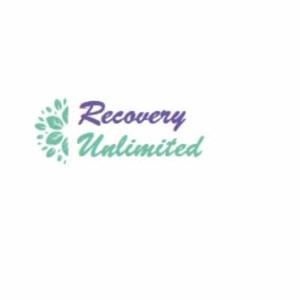
At its core, VMAT integrates medication, such as methadone, buprenorphine, or naltrexone, with telehealth services to deliver evidence-based treatment for substance use disorders. This approach addresses several barriers to traditional in-person treatment, including geographical limitations, transportation challenges, stigma, and the need for frequent clinic visits. Through secure video conferencing, patients can connect with healthcare providers from the comfort and privacy of their own homes, eliminating many of the obstacles that often deter individuals from seeking help.
One of the key benefits of VMAT is its ability to expand access to treatment, particularly in underserved communities where resources may be scarce. Rural areas, in particular, often lack specialized addiction treatment facilities, forcing individuals to travel long distances to receive care. By offering Virtual Medication Assisted Treatment services, VMAT brings treatment directly to these communities, ensuring that individuals in remote locations have access to the support they need to overcome addiction.
Moreover, VMAT enhances flexibility and convenience for patients, allowing them to schedule appointments at times that suit their schedules and preferences. This flexibility is especially valuable for individuals balancing work, family responsibilities, and other commitments, as it eliminates the need to take time off for clinic visits. By removing logistical barriers, VMAT empowers patients to engage more consistently in treatment, increasing the likelihood of successful outcomes.
In addition to medication management, VMAT incorporates various forms of counseling and therapy to address the psychological and emotional aspects of addiction. Through virtual sessions with licensed counselors or therapists, patients receive personalized support, learn coping strategies, and explore underlying issues contributing to their substance use. These therapeutic interventions complement medication-assisted treatment, promoting holistic healing and long-term recovery.
Furthermore, VMAT offers a high level of privacy and confidentiality, which is particularly important for individuals concerned about the stigma associated with addiction. By accessing treatment from home, patients can receive care discreetly, without fear of judgment or discrimination. This privacy encourages more individuals to seek help for their substance use disorders, breaking down barriers and reducing the social stigma surrounding addiction.
While VMAT offers numerous benefits, it is not without its challenges. Technical issues, such as poor internet connectivity or limited access to technology, may hinder some individuals from participating fully in Virtual Suboxone Clinic in Michigan. Additionally, concerns about the security of telehealth platforms and the confidentiality of patient information require careful attention to ensure compliance with privacy regulations and protect patient data.
Despite these challenges, the potential impact of VMAT on addiction treatment is significant. By leveraging technology to deliver comprehensive care remotely, VMAT expands access, enhances flexibility, and promotes recovery for individuals struggling with substance use disorders. As virtual healthcare continues to evolve, VMAT represents a promising model for the future of addiction treatment, offering hope and healing to countless individuals and communities around the world.






.jpg)




.jpg)




Write a comment ...